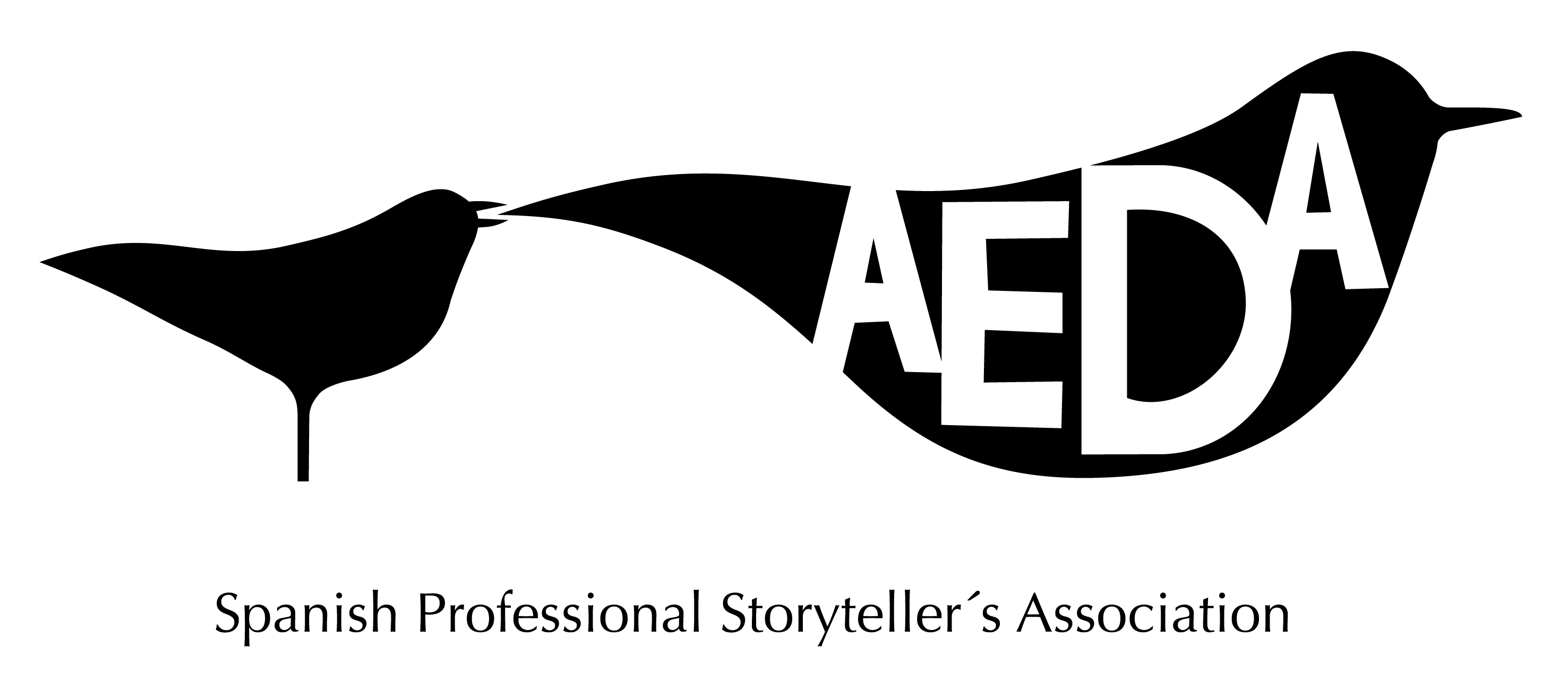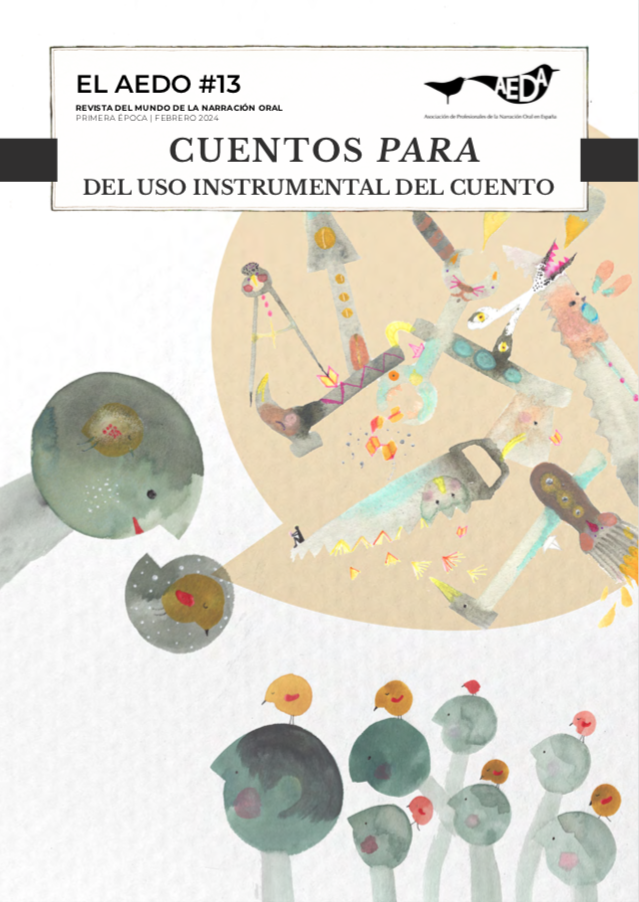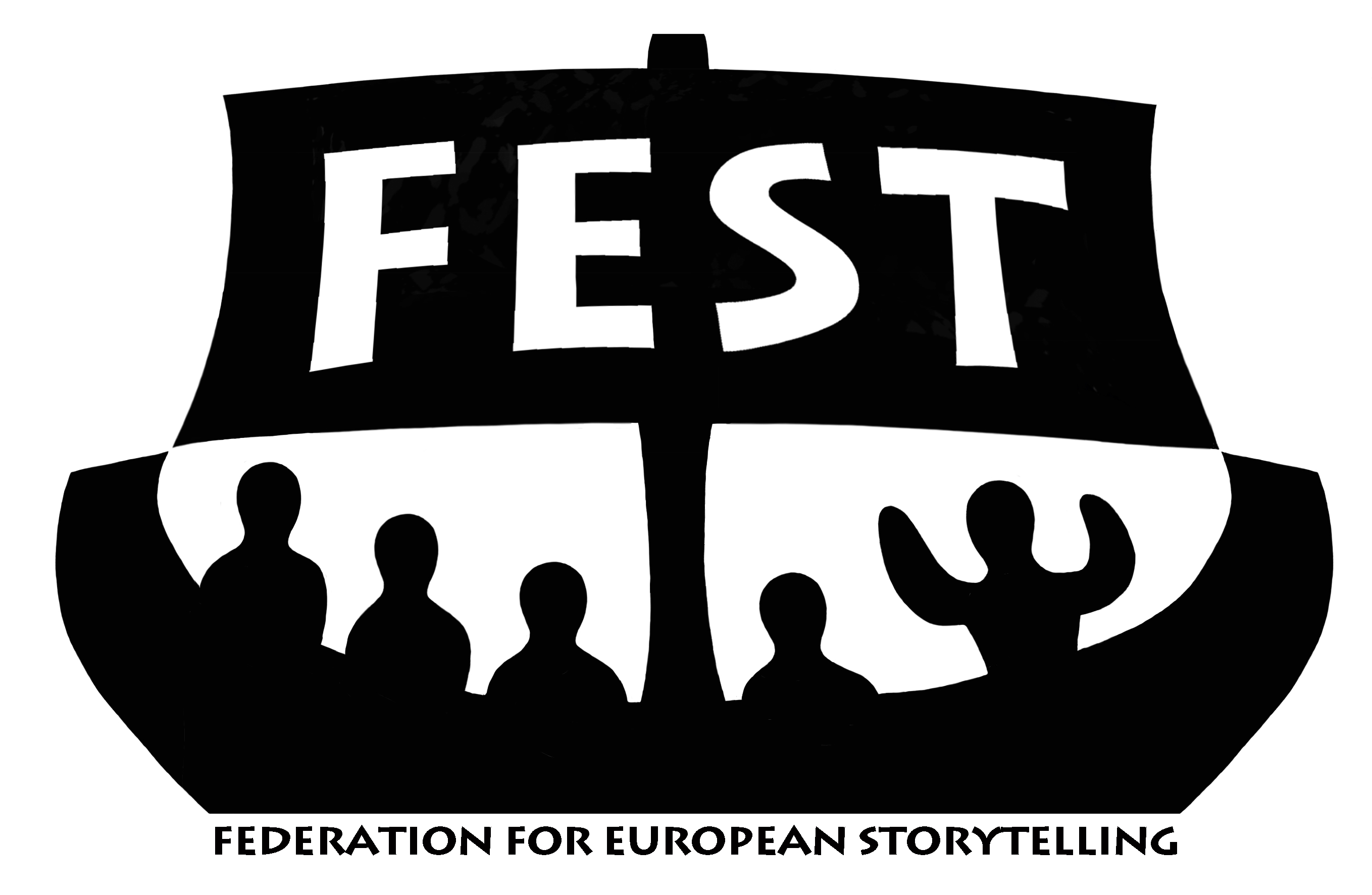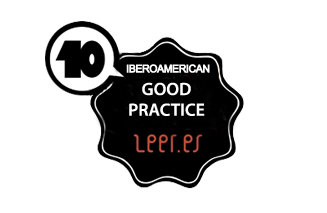This document has been put together by the members of AEDA and is an invitation to reflect on the different lines of training of oral narrators. In it we have tried to agree on the content and proposals that we consider recommendable when training storytellers. We hope you find it interesting.
- WHAT WE TELL WITH. We think it is important to acquire concepts of body/body language, voice and stage presence.
- THE VOICE ITSELF. We believe that all training and exploration in order to consolidate the voice itself is always useful: to feed originality, find uniqueness, to create one's own style, to put together a personal repertoire..all of this gives colour to the development of the activity and honesty to the work.
- WHAT WE TELL (1). We feel that it is advisable to have knowledge of traditional oral texts, as frequent reading of these texts, together with the preparation and incorporation of them within one's repertoire, allows the internalization of structures and strategies which are “naturally” oral and essential for the normal development of our craft.
- WHAT WE TELL (2). We think that all training related to order, development, tone, rhythm,etc. in relation to storytelling shows is important. It is always good to have a concept of timing, organisation of the repertoire, the use of books and objects and so on in storytelling shows. It is equally worth considering the difference between a storytelling session (more open) and a storytelling show (with a more fixed structure).
- WHO WE TELL TO. We think it is important to know what our audience is like and what interests them and for that reason it is very useful to know the different audience interest focal points... and the peculiarities and features of each age group; understand those which are common and recognize those which are different.
- WHERE WE TELL. It is also positive to have knowledge of the different stage spaces where stories can be told (theatre, café, library, school or square) and the specific technical demands and necessary resources of each of them.
- CONTINUOUS DEVELOPMENT. We believe it is important to realize the need for continuous development, whether through receiving specialist courses, creative workshops, laboratories... whether it is through one's own critical reflection or that of one's colleagues.
- LEGALITY AND ETHICS. Lastly we believe it is necessary to be aware of all legal questions related to the trade (tax obligations, tax codes, legal mechanisms, etc.). Equally we feel that it is fundamental to reflect on the ethical and critical attitude within the profession (legality, caches, repertoires, etc.)










